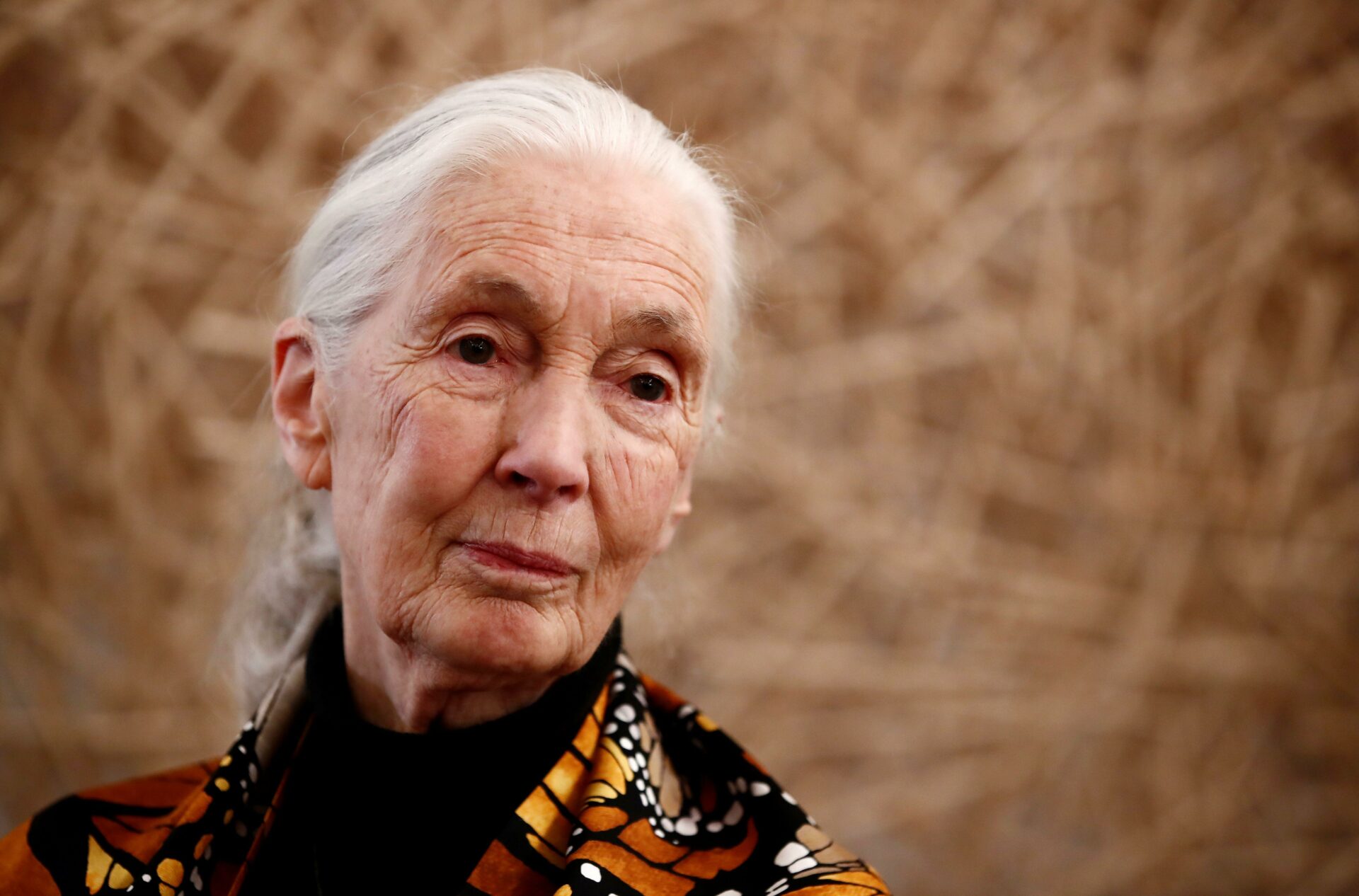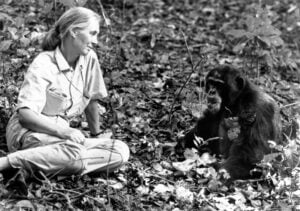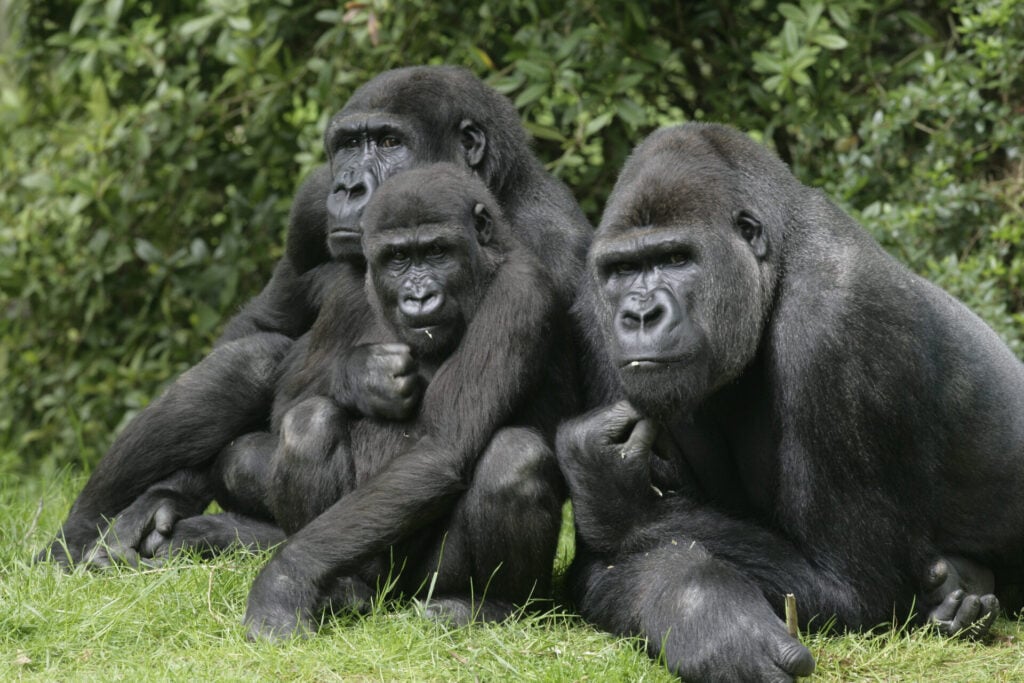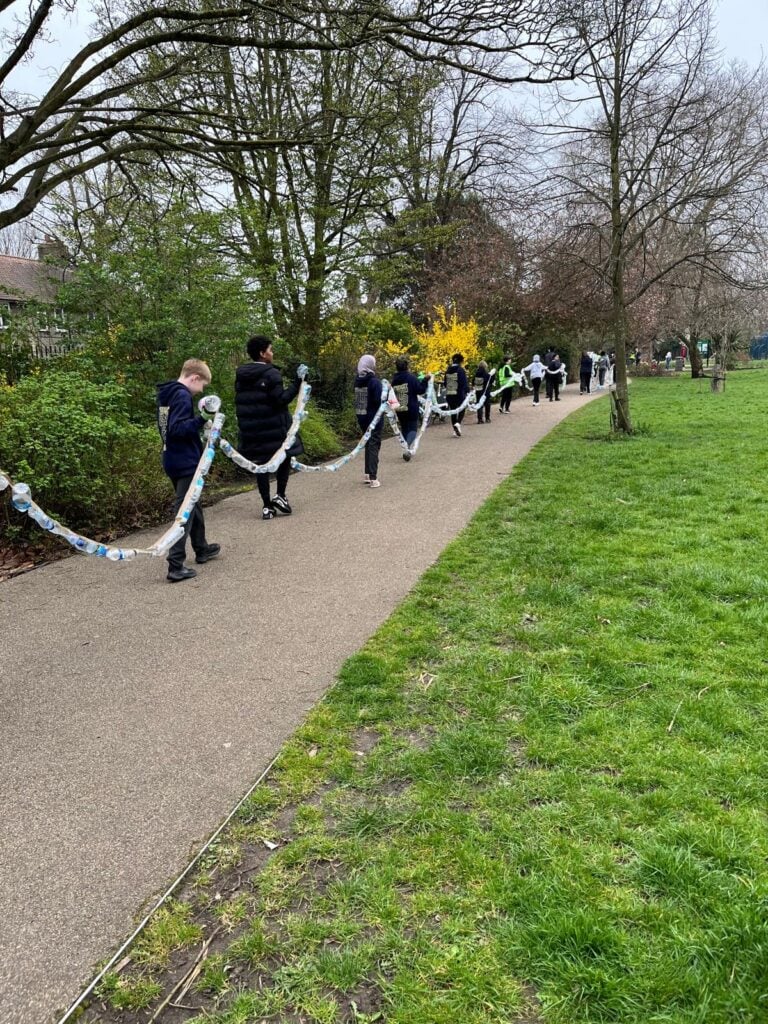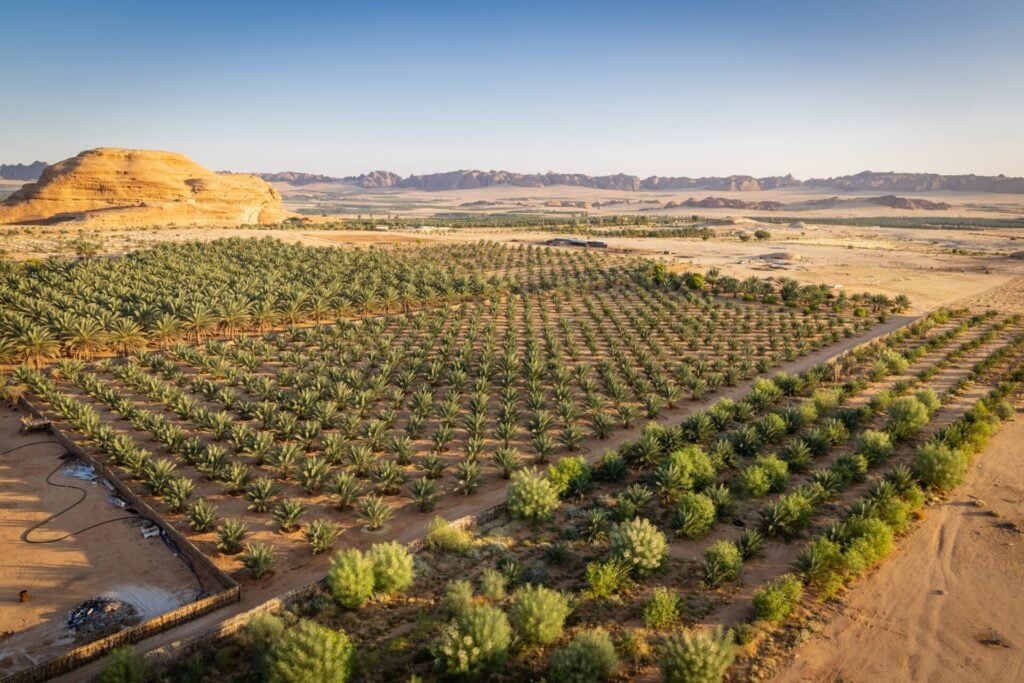The life and work of environmentalist Dame Jane Goodall who has died aged 91 has been praised across the world.
She died of natural causes while in California on a speaking tour of the US, according to a statement from the Jane Goodall Institute.
In recent years she became very active in the UAE, establishing an environmental project for children and opening a bee sanctuary named after her in Dubai. She even inspired an ‘eco-Barbie’ made from recycled plastic.
Actor and conservationist Leonardo DiCaprio said that she ‘inspired millions to care, to act, and to hope’, and called her a ‘a true hero for the planet’, while former US president Barack Obama said the primate expert ‘opened doors for generations of women in science’.
In a statement the Jane Goodall Institute said its founder’s work ‘revolutionised science’ and called her ‘a tireless advocate for the protection and restoration of our natural world’.
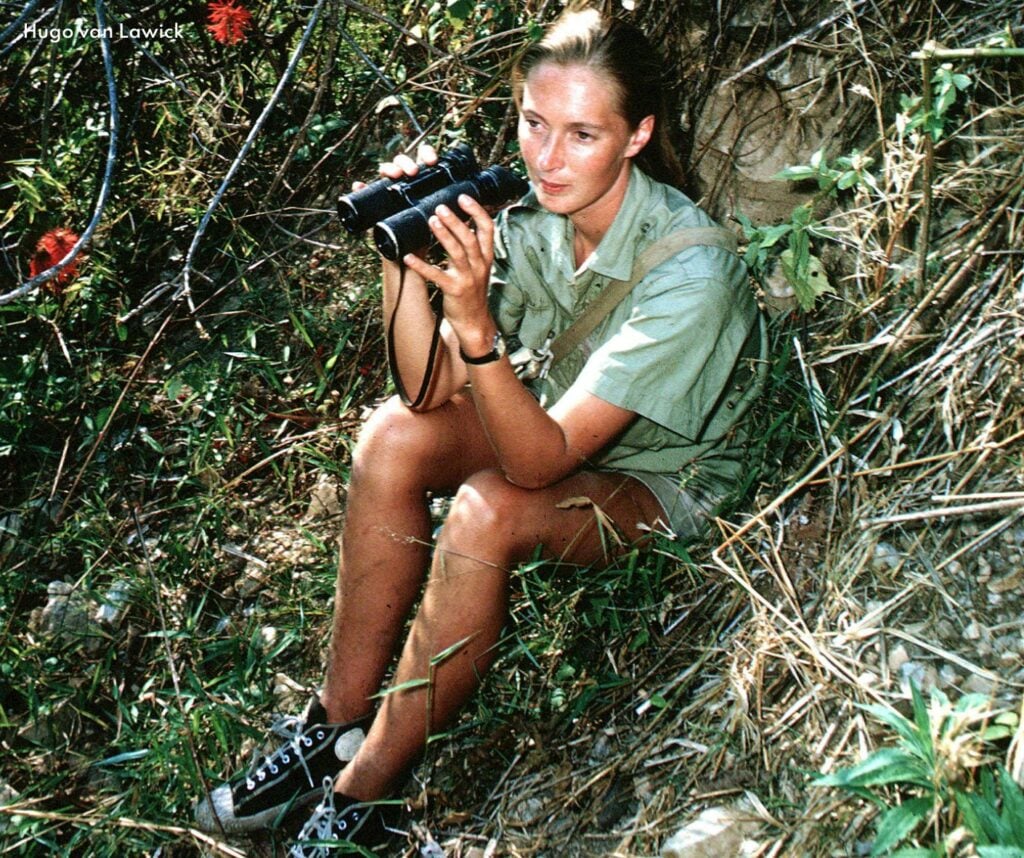
Greenpeace co-executive director in the UK, Will McCallum, said: ‘Dr Goodall’s legacy is not only in science but in the global movement she helped spark to protect nature and give hope for a better world.’
Naturalist Chris Packham added: ‘To have lost a hero at a time when we need all of them on the frontline fighting for life on earth is a tragedy.’
The Early Life of Jane Goodall
Born Valerie Jane Morris-Goodall, she was the eldest daughter of businessman and racing car driver Mortimer Herbert Morris-Goodall and writer Margaret Myfanwe Joseph in 1934 and raised in London, Goodall said she became fascinated by animals after reading books like The Story of Dr Doolittle and Tarzan.
She met leading primatologist Prof Louis Leakey while staying on a friend’s farm in Kenya in her mid-twenties andhe helped arrange her first research trip to the jungles of Tanzania in 1960.
That year, Jane Goodall became the first person to record witnessing an animal using a tool – a large male chimpanzee, who she had named David Greybeard, digging termites out of a mound with a stick.
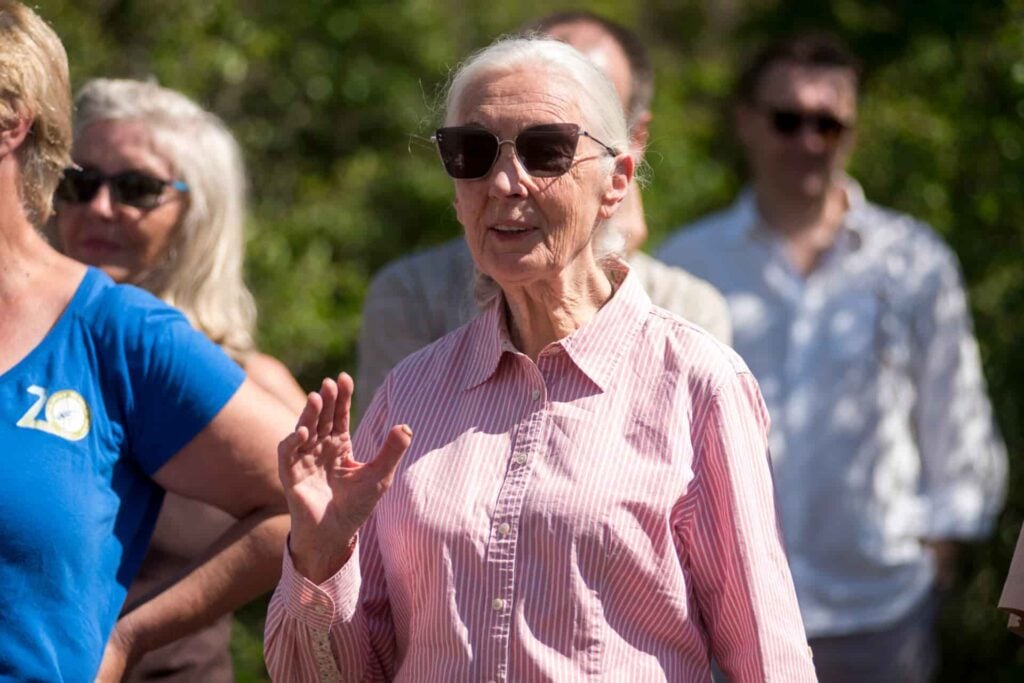
Until then, it was thought only humans were intelligent enough to do so her observations challenged years of conventional scientific thinking and shaped the future of evolutionary science.
Her work was published in leading journals, and in 1965 she made the front cover of National Geographic, introducing the world to the emotional and social lives of the primates.
She featured in ‘Miss Goodall and the World of Chimpanzees’, narrated by Orson Welles and first broadcast in 1965.
Speaking of her first encounter with the primates, she said: ‘For the first four months, the chimps took one look at me and disappeared into the forest. Weeks turned into months and I was getting worried. But then there was a breakthrough. They’re so like us with their postures and gestures of communication: kissing, embracing, holding hands, patting one another on the back, males competing for dominance, standing upright, swaggering with their hair bristling.
‘I learned about the behaviour of the mother and her growing family; how a female doesn’t have her first baby until she’s about 12 or 13, and then there’s a space of five years between live births. The older child doesn’t move away when the new baby is born but stays and helps the mother to look after the infant.’
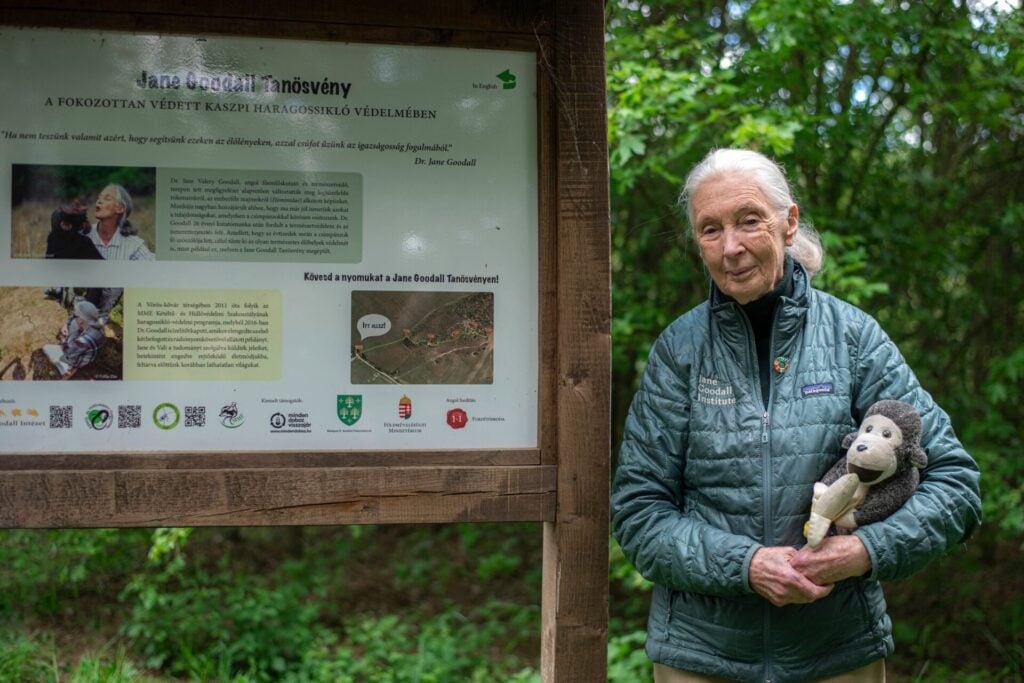
After her experiences in the field she became an activist, working to free chimpanzees kept in zoos or in captivity for medical research, and later urged action on climate change in the face of widespread habitat devastation.
Two years ago Goodall launched her Roots & Shoots programme education programme in the UAE to encourage children to help people, animals and the environment, she’s also inspiring us all to have hope for the future.
She told the BBC in 2024: ‘We’re in the midst of the sixth great extinction… the more we can do to restore nature and protect existing forests, the better.’
Asked what kept her motivated late in life, she said: ‘Surely people want a future for their children.’
As well as her work with chimpanzees, Dr Goodall also advocated for the protection of orangutans and other great apes
Her Jane Goodall Institute, founded in 1977, works to protect chimpanzees and supports projects aimed at benefiting animals and the environment. She was appointed a Dame of the British Empire in 2003 and received the US Presidential Medal of Freedom in 2025 as well as the French Légion d’Honneur, the Benjamin Franklin Medal in Life Science, Japan’s prestigious Kyoto Prize, the Ghandi-King Award for Nonviolence, The Medal of Tanzania, and the Tyler Prize for Environmental Achievement.

